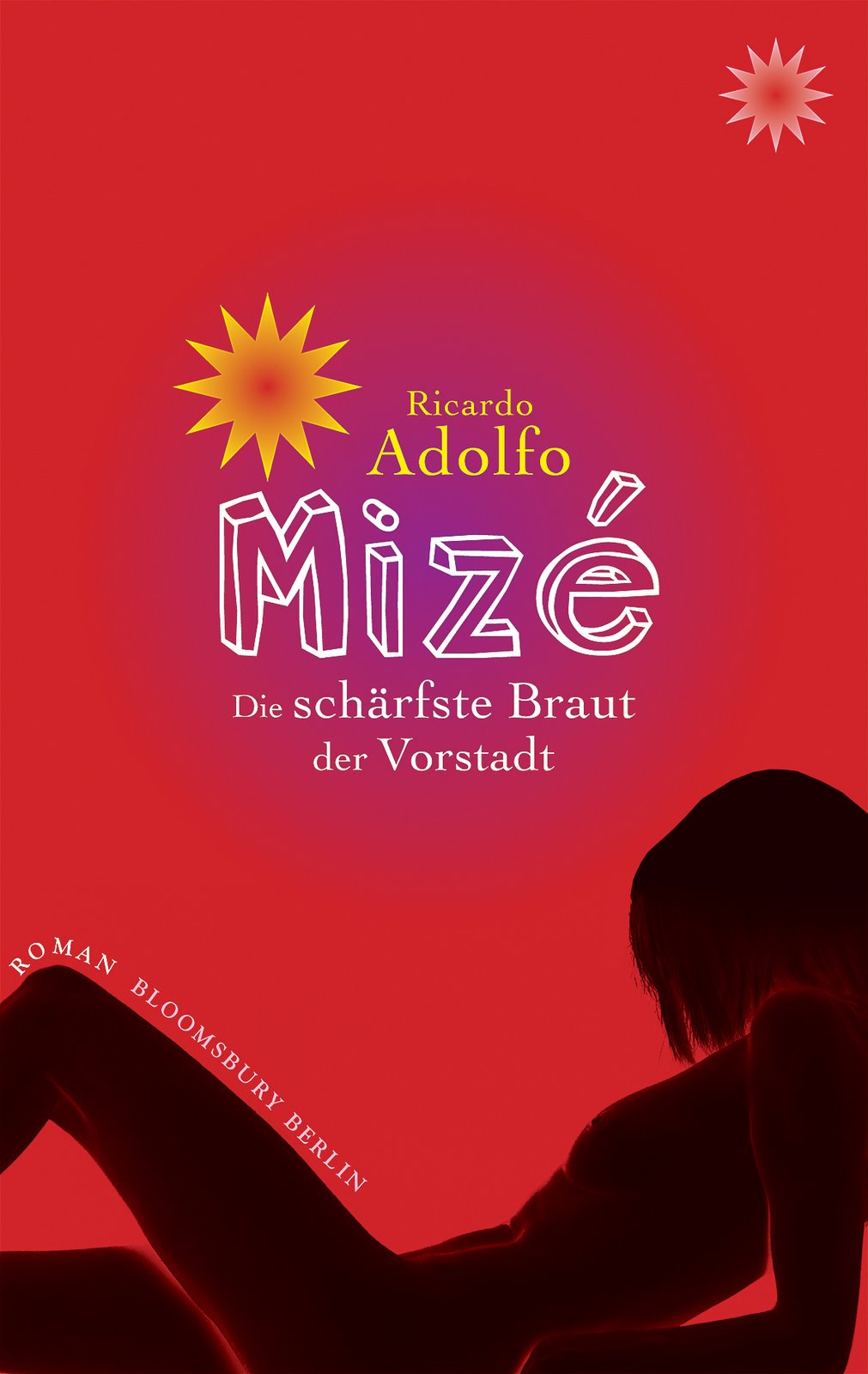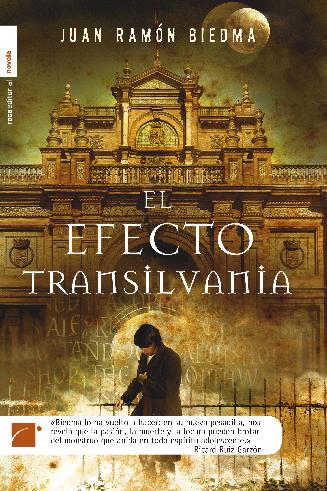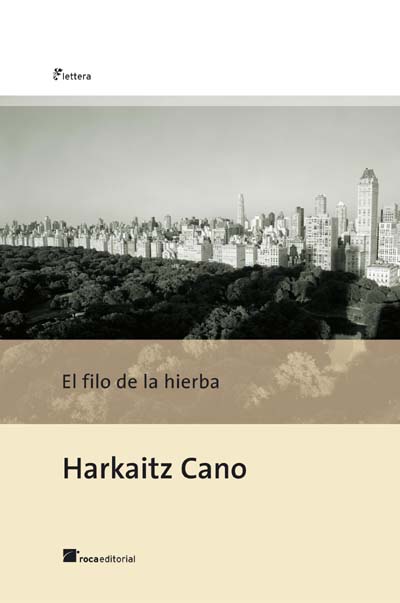I'd like to give some information about two novels by Angolan-born Portuguese writer
Ricardo Adolfo. The first one,
Mizé, was his debut novel and has had some success both in Portugal and abroad. Now he has finished a new novel entitled
Many Things Happened to Me After I Died, which will soon be published into Portuguese.
Set in the outskirts of Lisbon
Mizé is the story of a man who loved the idea of loving a woman, and a woman who loved the idea of being loved by many men. It’s a research on living in an imaginary dimension created by ambitions and wishes, where an ensemble of suburban characters struggles to fulfil their dreams – while struggling with their petty conditions, the daily grind, and bigger aspirations than they could possibly handle.

With a very peculiar point of view, these characters take us into an exploration of double moral standards, ambiguity and into the grey zones that we all operate in.
Mizé is a story of fiction versus fiction, where truth doesn’t exist, but lie doesn’t either.
Mizé was originally published in Portuguese in 2006 by
Dom Quixote.
Rights sold:
Berlin Verlag (Germany) in a pre-empt,
Querido (The Netherlands) and
Suma – Santillana Group (Spain). In Spain the title has been changed to
La peluquera de LisboaThe next excerpt is from
Publishing Trends (July 2007 issue):
http://www.publishingtrends.com/copy/07/0707/0707IntBest_DifferentBooks.htmlInternational buzz is building over
Mizé, the Portuguese novel by Ricardo Adolfo that appeared last year from Dom Quixote.
Berlin Verlag recently nabbed German rights and in a hush hush deal, film rights were just sold to a major film company, so far nameless. Rumor has it the location will be changed from Lisbon to a British city, possibly Manchester or Liverpool.
The novel centers on Palha, a young man who still lives with his parents in the unglamorous suburbs of Lisbon, who desperately wants to fall in love. His life proceeds as expected until one magical night when he finds himself drinking with Mizé, the beautiful and sought-after neighborhood hairdresser. After a night of unprecedented passion, she agrees to marry him.
Soon after he begins conjugal life in a small apartment, Palha is faced with an insurmountable project at work and seeks advice from his old bar cronies. As is typical, they completely misunderstand his predicament, thinking he’s received a big promotion instead, and so they rent a couple porn movies to celebrate.
To his horror, Palha discovers the star of the movies is his own Mizé. After confronting her, his life begins a downward spiral which culminates in his attempted murder of a leading porn producer.
Palha seeks solace with Mizé’s best friend, Carla, who shares with him the difficulties of being a single mom. They get to know each other better and eventually, it dawns on them that they themselves had shared a night of passion several years before.
------------------------------------------------------------------------------------
Many Things Happened to Me After I Dieda new novel by Ricardo Adolfo
In an unfamiliar country, a young immigrant family can’t find their way back home. They don’t speak the language and they’ve no idea where they are. And if they want help they will have to put their dream of a new life at risk.
With the help of a fraudulent job agent, Carla, Brito and their baby son run away from their poor southern homeland to a rich northern island in search of a better life, only to discover that the road Brito was supposed to work on has already been completed and the house that awaits them has to be shared with several other families. It’s a hard blow, but Carla manages to find a job and hold the family together. She goes from being a housewife to being the money-earner, the force that never loses hope, while Brito struggles to keep his chin up and seems no longer able to make a single correct choice.
Eventually life settles, and one of the family’s distractions becomes the occasional Sunday trip out to see the shops; but one afternoon, on the way home, a tube malfunction strands them halfway. This most common of transport problems in the island’s biggest city becomes a tragedy for the couple who don’t know a word of the local language, and who have no idea where they are. Scared and confused, they start to wander, only to find themselves getting even more lost. Their brief and sheltered life on the island hasn’t prepared them for this, nor to interact with all its different inhabitants – the mere sight of two women in burqas seems to become a life-threatening situation.
Night falls; driven by despair they accept a ride from a stranger, not knowing where he plans to take them. For a moment a happy ending is in sight but when the stranger stops in front of a police station, Brito’s criminal past instinctively makes him run away, dragging his family with him. At first invisible, lost immigrants, they become wanted fugitives; with the police on their tail they’re forced into hiding and to spend the night on the streets. Carla snaps, and tries to run away with the baby, but Brito brutally stops her. Husband and wife become enemies fighting for their own survival. Racked with guilt, Brito tries to absolve himself and ends up stealing a homeless man’s sleeping bag to keep his family warm.
The next day dawns; by the morning light they see they are more lost than ever. Carla has to find her way to work or else she’ll be fired, but Brito realises that they will be wandering the city streets forever if they don’t stop running away and if he doesn’t step forward. But his risky plan to find their way home might cost them their dream of a new life on the island.
 Ricardo Adolfo
Ricardo Adolfo is an Angolan-born Portuguese writer. Currently he is based between London and Amsterdam. In 2006 his debut novel
Mizé.
Mizé was very well received in Portugal and has subsequently been translated into Spanish (Suma) under the title of La peluquera de Lisboa, with German (Berlin Verlag) and Dutch (Querido) editions to follow in 2008/09. In 2007 he co-created the short film
There’s Only One Sun with award-winning director
Wong Kar-Wai.
Adolfo is currently working on “
Stella” (the film adaptation of
Mizé) to be directed by Margaret Williams and produced by MJW Productions and Tubedale Films.
Many Things Happened to Me After I Died is Ricardo’s third book and continues to explore some of the author’s favourite themes, such as the mixture between the banal and the uncanny, and the peaks of tension in the ordinary and mundane.
His work has been praised for its “…maverick writing, sober and elevated, with an amazingly fine-tuned sense of oral syntax. The dialogue is perfect. Nothing in literature is harder than ‘natural dialogue’…” Fernando Venâncio, writer and critic.























.jpg)
